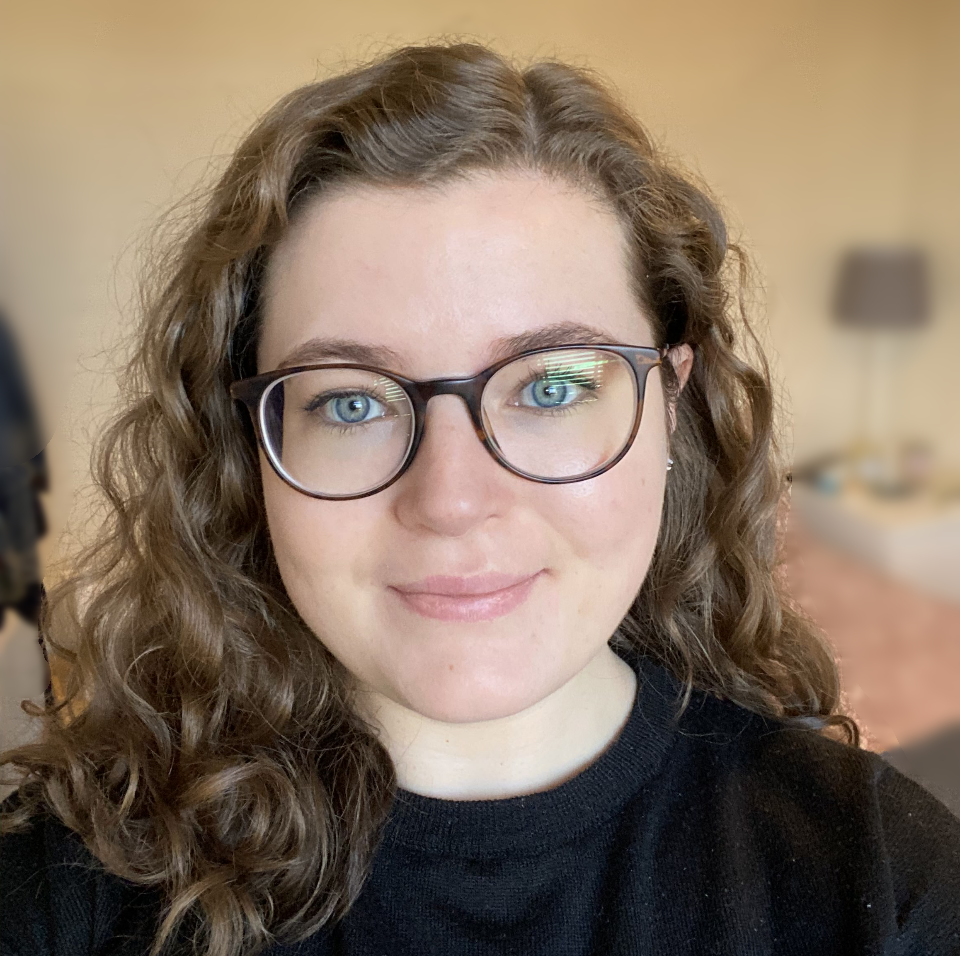Abbi Newlands has always enjoyed challenging herself. She wanted to pursue a path that gave her opportunities to broaden her mind and push the boundaries of what she knew. But it was only after studying MSc Research Methods in Psychology that she was able to finally find the right direction.
After graduating with an undergraduate degree in Psychology and Language Sciences at the University of Reading, Abbi quickly began a career working within the Civil Service. She found the job enjoyable with lots of positive benefits. However, she gradually realised it wasn’t quite the right role for her.
“I had a rethink of my priorities and what direction I wanted to go in. While my employer was great, I realised I wasn’t doing what I wanted to do in my job. I had always wanted to do something scientific and analytical since school and felt I wasn’t making use of these skills in my current role.”
Abbi began looking at master’s degree courses; looking to study a degree that would open up opportunities, rather than limit them.
“I knew that studying a master’s degree would give me the chance to do something far more analytical. I wanted to go into research but wasn’t sure if I would like to go on to a PhD, go back to the Civil Service as an analyst, or something entirely new. I considered a few different degrees but realised that MSc Research Methods in Psychology was right for me: it was much broader than most degrees which gave me a solid foundation for my future.”
From the beginning of the course, Abbi found herself being positively pushed and challenged for the first time in a long while. Abbi enjoyed the statistical elements of the degree as well as learning qualitative methods and coding. Most of all, Abbi loved being in an environment surrounded by staff and students passionate about research.
Partway through her studies, Abbi begun thinking about what she wanted to do after her degree. She spoke to the programme director, Dr Kate Harvey, and with her support and guidance she decided to continue her studies with a PhD.
“I wanted to make a difference to people’s lives but used to think that the only way I could do that was in a clinical setting. But during my degree, I realised that I could change people’s perspectives and have an impact through research. Kate Harvey helped me understand what opportunities were open to me and was incredibly supportive in guiding me through the process of applying for a PhD and finding a supervisor.”
Abbi is now set to combine her scientific interests with her desire to help people through her PhD. Continuing work she started during her MSc research project, her PhD will focus on the psychosocial impact of recurrent urinary tract infections (UTI) and chronic pain. Using the knowledge and confidence she gained from MSc Research Methods in Psychology, Abbi is now moving in the direction she knows is right for her.
“My PhD methodology has been informed by all the skills I have learned during my master’s degree including online data collection and a range of both qualitative and quantitative methods.
“Recurrent UTI is a debilitating chronic health condition which can have major psychological and social implications, and its clinical management is challenged by many important issues such as antimicrobial resistance. The patient perspective is not currently talked about enough in UTI research, so I am really excited to contribute to an area where I can make a tangible difference to people’s quality of life. For the first time, I feel like I am on the right path.”
